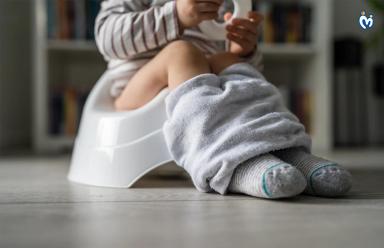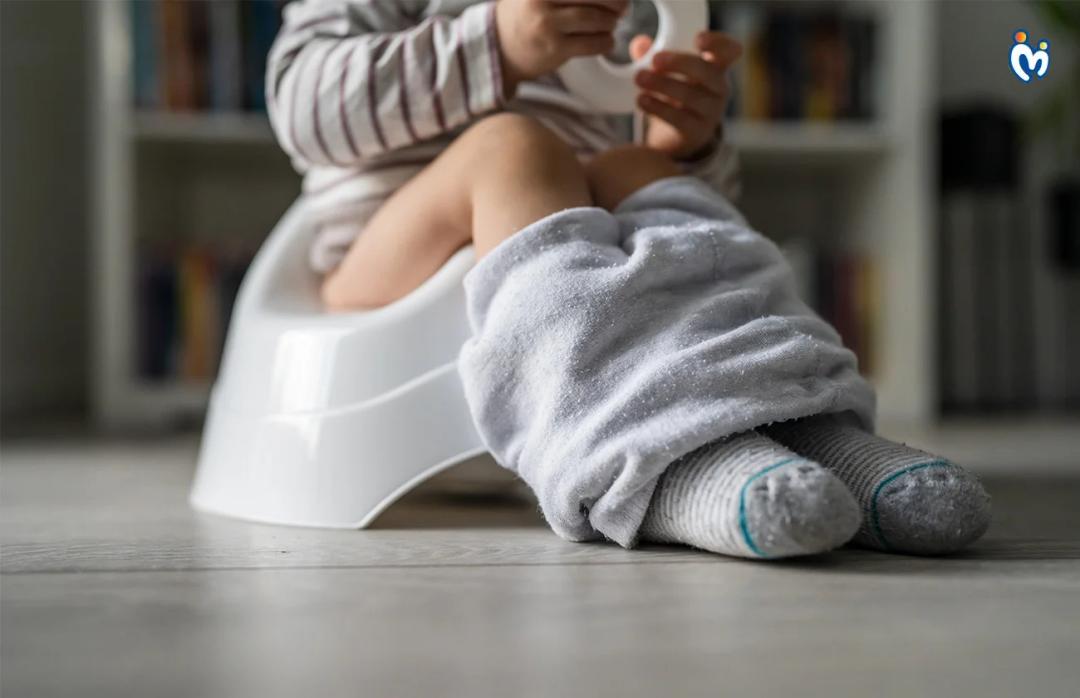The first and main question remains as to what the Coronavirus is. The novel coronavirus is a new strain of coronaviruses (CoV) which is a large family of viruses that infects the body and causes a wide range of respiratory illnesses. The infection may be mild like a common cold, dry cough, fever or it could be more severe like Severe Acute Respiratory Syndrome (SARS-CoV) and Middle East Respiratory Syndrome (MERS-CoV). It is highly contagious and 20% of coronavirus cases are asymptomatic which means that it goes unidentified yet the carrier can pass the virus to another person if exposed. When a person is infected with COVID-19, the virus multiplies in the body and its spiky surface protein latches onto the receptors of healthy cells and hijacks them, therefore, taking command over them.
Parents throughout the county are worried about the safety of their children and the infectiousness of the new wave. As of now, there is not enough information on the intensity of the third wave and how different it may be from the prevalent strain. Excluding those who have voluntarily chosen to wait on taking the vaccine, the only remaining age group is of youngsters under the age of 18. This makes them more susceptible to the virus. As per the present statistics, kids are not severely affected by the virus unless they have pre-existing health issues that make their immune system weaker to fend itself from the coronavirus. Besides this, most children and young adults recover seamlessly. They may have a fever, cough or rashes but they do not show any serious symptoms.
There is no evidence that the third wave may affect children at an increased rate. Along with herd immunity, if children wear masks and practice social distancing, they are alright to be in social settings. It is those who have other medical issues that need to be careful. Parents should be looking out for themselves as well as for their children. They must be taking conscious decisions to do their duty and stay safe. Taking the vaccination is a step closer to winning the battle against COVID-19. Where your children cannot help themselves and get the vaccination, it is the responsibility of the adults to protect themselves. This directly decreases the threat of the children contracting anything. Paediatricians have told parents to not worry about their children being affected by the virus as the symptoms are mostly mild to moderate. Their immune system is strong enough to take care of them.
When it comes to taking care of children and protecting them from the virus, the best way to do it is to educate them on what the virus is, why it has put everyone in a state of panic and why they need to be cautious of it as well. Teenagers and older kids may have an understanding of what is happening because of social media and general knowledge. However, younger kids may not be able to understand what is wrong and why people are covering up and using sanitisers every 10 seconds. Sit them down and tell them what they need to know and do. Answer all their questions and tell them what to do after you have made sure that they have understood why they are doing it. Explain why they need to practice social distancing and why they need to wash their hands so frequently and wear a mask when going out. The last thing parents should do is give children instructions and make them blindly follow them. Children have several questions about everything and that is a sign of intelligence. Talk them through the problems of the pandemic patiently. It is not feasible to usher your children around everywhere to ensure their safety. They are growing up. As much as a parent must ensure their safety, it is just as important to make them self-reliant. They need to be able to know what to do and when to do it. Hence, the safety of your children all comes down to the basic condition of their understanding.
During the pandemic, it is easy to neglect other health issues as a symptom of the virus when it requires individual attention. Adults and parents must know that keeping themselves and their kids safe during the pandemic does not mean solely focusing on the virus. Patients and children must be alert when it comes to the body and how it feels. It is important to listen to your body and look out for signals that show where attention is required. People must ensure holistic safety while waiting for India to wave the green flag to vaccinate children as well. As of now, that is the most that citizens can do to help protect and combat the pandemic.
References:
- https://indianexpress.com/article/parenting/health-fitness/covid-19-third-wave-parents-children-safety-7344705/
- https://timesofindia.indiatimes.com/life-style/parenting/toddler-year-and-beyond/coronavirus-in-kids-will-the-third-wave-of-covid-19-affect-children-more-heres-what-experts-have-to-say/photostory/83510968.cms?picid=83510972
- https://timesofindia.indiatimes.com/life-style/parenting/toddler-year-and-beyond/coronavirus-in-kids-third-wave-dangerous-for-kids-clearing-some-myths/photostory/83234737.cms?picid=83234750
- https://www.firstpost.com/india/explainer-will-covid-19-third-wave-impact-children-more-how-to-safeguard-kids-without-vaccine-9697011.html
FAQ's
Q. What is the novel coronavirus?
Ans.The novel coronavirus is a new strain from the coronavirus family that causes respiratory illnesses. It spreads quickly and can range from mild symptoms like cough, fever, or cold to severe conditions such as SARS or MERS. Around 20% of cases are asymptomatic, making the virus harder to detect.
Q. How does the coronavirus infect the body?
Ans.Coronavirus uses its spike proteins to latch onto healthy cells in the body, mainly in the respiratory system. Once attached, it hijacks the cell’s function, multiplying and spreading. This process weakens the immune system and leads to symptoms ranging from mild to severe, depending on the person’s health condition.
Q. Are children more vulnerable during the third wave?
Ans.There is no scientific evidence suggesting that children are more vulnerable in the third wave. Most children experience only mild to moderate symptoms unless they have pre-existing health conditions. With proper safety measures like mask-wearing and social distancing, children can remain safe in social settings and everyday environments.
Q. Why should parents be concerned about coronavirus?
Ans.Parents worry because the virus spreads quickly, and children under 18 are not vaccinated yet in many regions. Although children usually experience mild symptoms, parents need to safeguard themselves and their families. Vaccination for adults lowers risks, indirectly protecting children from exposure and reducing household transmission of the virus.
Q. What safety measures can protect children?
Ans.The best measures include wearing masks, practicing frequent handwashing, using sanitizers, and maintaining social distancing. Parents should also educate children about the virus to ensure they understand the importance of these practices. These habits, combined with adult vaccination, create a safer environment for children during the ongoing pandemic.
Q. How can parents talk to children about COVID-19?
Ans.Parents should explain what coronavirus is, why safety measures are necessary, and how it spreads in simple language. Instead of giving strict instructions, involve children in discussions and answer their questions patiently. Encouraging understanding helps kids practice safety habits willingly, making them self-reliant and more responsible for their well-being.
Q. Are children’s immune systems strong enough to fight COVID-19?
Ans.Yes, in most cases, children’s immune systems are strong enough to fight off coronavirus. Pediatricians report that symptoms in children are usually mild, such as fever, cough, or rashes. Only children with pre-existing health conditions need extra medical attention, as they are at higher risk of severe complications.
Q. What role does vaccination play in protecting children?
Ans.While children may not yet be eligible for vaccines in some countries, vaccinating adults reduces the chances of transmission within households. Herd immunity builds when more people are protected, indirectly safeguarding kids. Vaccination is a crucial step toward controlling the pandemic and minimizing risks to unvaccinated younger age groups.
Q. Why is educating children about hygiene important?
Ans.Children must understand why handwashing, mask-wearing, and distancing matter. Blindly following instructions without reasoning may lead to neglect. Explaining the purpose behind hygiene practices ensures children adopt them consistently. This education builds awareness, responsibility, and resilience, preparing them to protect themselves even without constant parental supervision during the pandemic.
Q. Should parents focus only on COVID-19 during the pandemic?
Ans.No, parents must not ignore other health concerns while focusing on coronavirus. Many symptoms could indicate issues unrelated to COVID-19 that need timely medical attention. Holistic care is essential—listening to the body, addressing any warning signs, and ensuring overall wellness while awaiting widespread vaccination for children is critical.
















